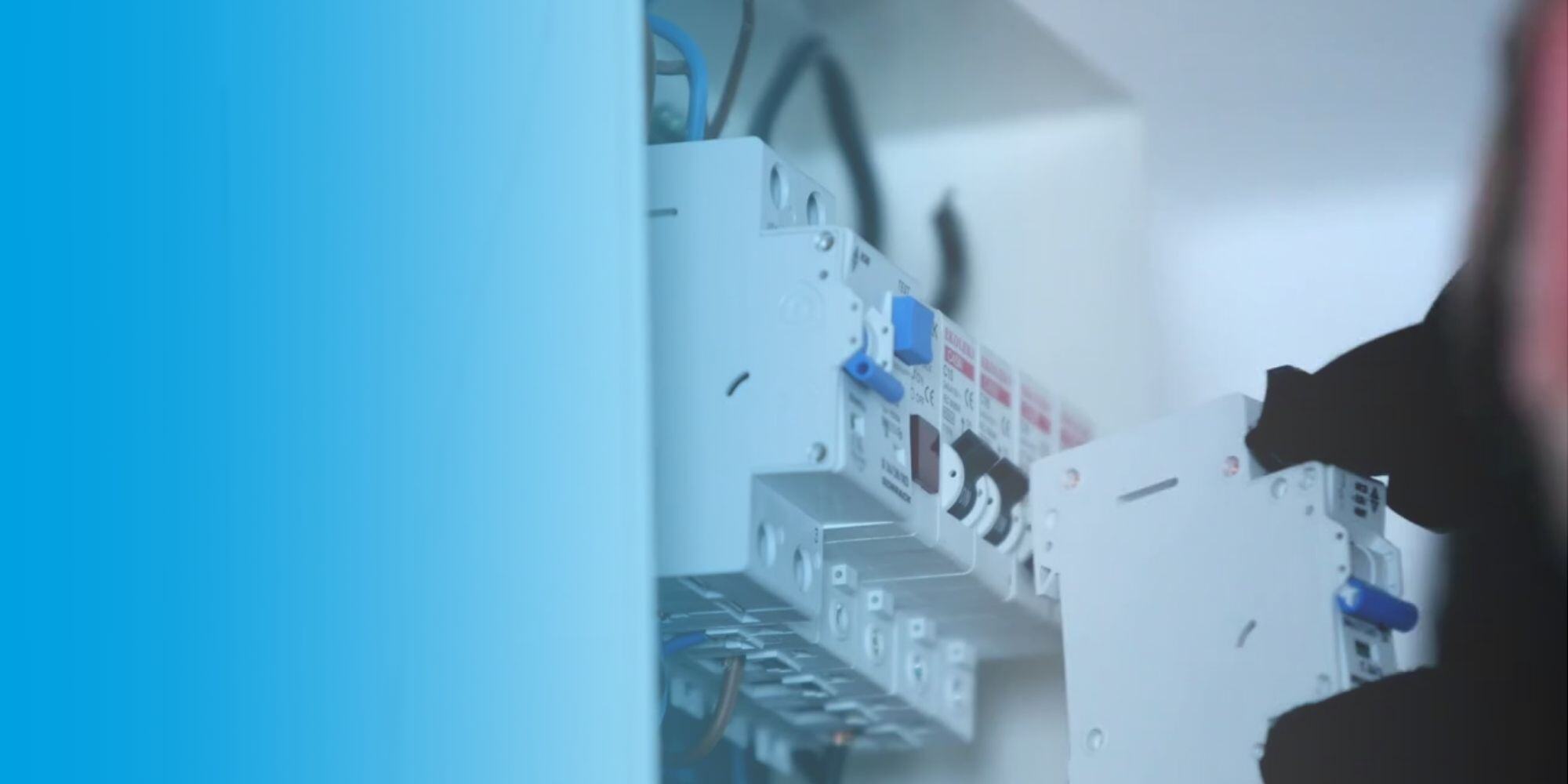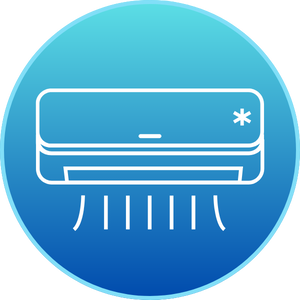
Frequently Asked Questions
Your premier choice for air conditioning
and electrical solutions
Electrical prevention | Frequently Asked Questions
What is an RCD (Residual Current Device), and why is it important?
What is the purpose of RCD Testing, and why is it essential for electrical safety?
How often should RCDs be tested in commercial and industrial settings?
What are the consequences of neglecting regular RCD testing?
What is a thermal switchboard inspection, and why is it critical for electrical safety?
How often should RCDs be tested in commercial and industrial settings?
How often should thermal switchboards be inspected in commercial and industrial settings?
What are the potential risks of neglecting regular thermal switchboard inspections?
Can you explain the process of conducting a thermal switchboard inspection and the equipment used?
How often should emergency lighting systems be inspected and tested for compliance?
What are the legal requirements for emergency lighting in different industries, and how can compliance be ensured?
Do you offer maintenance contracts for emergency lighting systems, including testing and repairs?
Residential Air Conditioning | Frequently Asked Questions
What size air conditioner do I need for my home?
What are the signs that my air conditioner needs repair?
How can I improve the efficiency of my home air conditioning system?
How can I reduce my energy bills while using my home air conditioner?
What are the different types of home air conditioning systems available, and which one is right for my home?
Do I need to arrange an electrician for air conditioning installation?
Commercial Air Conditioning | Frequently Asked Questions
What considerations should businesses keep in mind when selecting a commercial air conditioning system?
What are the different types of commercial air conditioning systems available, and how do they vary in terms of capacity and suitability for different commercial spaces?
Do you provide ongoing support and maintenance services after the installation of a commercial air conditioning system?
What considerations should businesses keep in mind when selecting a commercial air conditioning system?
What are the different types of commercial air conditioning systems available, and how do they vary in terms of capacity and suitability for different commercial spaces?
Do you provide ongoing support and maintenance services after the installation of a commercial air conditioning system?
What considerations should businesses keep in mind when selecting a commercial air conditioning system?
More Frequently Asked Questions (FAQ's) – GT HVAC & Electrical
Welcome to the GT HVAC & Electrical FAQ page, where we answer the most commonly asked questions about our heating, cooling, and electrical services. Whether you’re exploring air conditioning options, concerned about asthma or allergies, or comparing ducted versus split systems, we’re here to help you make the best choice for your home or business.
What type of air conditioning system is best for my property?
The best air conditioning system depends on your property size, insulation, number of rooms, and budget. Split systems are ideal for smaller spaces or individual rooms, while ducted systems offer a centralized solution suitable for larger homes and commercial buildings. Multi-head systems allow you to connect several indoor units to a single outdoor unit, offering flexible control across zones.
Our team is equipped to assess your space and recommend the most suitable system based on airflow, temperature requirements, aesthetics, and energy efficiency.
What are the main advantages of ducted air conditioning?
Ducted air conditioning provides uniform cooling or heating throughout your property. Key advantages include:
-
Clean, streamlined aesthetics with minimal visible components
-
Better airflow distribution and climate control
-
The ability to zone specific rooms for energy-saving benefits
-
Quieter operation and increased comfort
-
Suitable for multi-storey buildings and larger homes
Additionally, ducted systems are ideal for individuals suffering from asthma or airborne allergies, as they often include advanced filters that adsorb dust, bacteria, and other harmful particles.
Are split systems cheaper to install?
Yes, split systems generally have a lower upfront cost compared to ducted systems and are quicker to install. They are perfect for customers with a limited budget, renters, or those needing to cool or heat just one room.
While split systems may not provide the same level of air distribution as ducted systems, they are a great choice for cost-effective climate control, especially when fitted with inverter technology for enhanced energy efficiency.
How often should I schedule air conditioning maintenance?
For optimal performance, you should have your air conditioner serviced at least once a year. Regular maintenance:
-
Keeps your system working efficiently
-
Extends the lifespan of components
-
Reduces running costs and energy bills
-
Helps identify issues before they become costly repairs
-
Improves indoor air quality by cleaning filters and components
Our technicians are experienced in both residential and commercial system maintenance and can tailor a schedule that suits your unit type, usage, and environment.
What size unit do I need?
Choosing the right size unit is crucial. If the unit is too small, it will overwork and become inefficient. If it’s too large, it may cycle too quickly, failing to properly dehumidify or maintain a comfortable temperature. BTUs (British Thermal Units) are used to calculate capacity, which depends on the room’s floor area, ceiling height, insulation level, and sun exposure.
We provide a full property assessment to ensure the selected air conditioner meets your comfort needs while reducing unnecessary energy consumption.
What are the benefits of air purifying features?
Air conditioners with built-in air-purifying capabilities can significantly improve indoor air quality. These features are especially beneficial for people afflicted with asthma, allergies, or respiratory issues. Systems with apatite filters or photocatalytic filters help:
-
Adsorb harmful pollutants, odours, and smoke
-
Trap airborne bacteria, viruses, and mould spores
-
Create a healthier and more comfortable environment
-
Reduce the presence of allergens such as dust, pollen, and pet dander
Many advanced models from leading brands like Daikin, Mitsubishi, Panasonic, and Fujitsu include air-purifying technologies as a standard feature.
Can I control my air conditioning system remotely?
Absolutely. Most modern systems are equipped with smart technology, allowing you to control the temperature, set timers, or switch the unit on or off via mobile apps. This offers several advantages:
-
Remote access when away from home
-
Reduced energy usage by avoiding unnecessary operation
-
Greater convenience for families or multi-resident households
-
Peace of mind when managing comfort in commercial offices or multi-unit properties
GT HVAC & Electrical can guide you in choosing a system with the best remote control and automation features to suit your needs.
How do I know if I need a new air conditioning unit?
There are several signs that indicate you might need to replace your existing system:
-
Your current unit is over 10–15 years old
-
Energy bills have increased without explanation
-
Uneven heating or cooling throughout the home
-
Strange noises, odours, or frequent repairs
-
Poor indoor air quality or airflow
If you’re unsure, our technicians can inspect your unit and help you determine whether a repair or replacement is the better long-term investment.
Do you offer services throughout Melbourne?
Yes. We service a wide area across Melbourne, including the Bellarine Peninsula, Mornington Peninsula, and the surrounding suburbs. Whether you need installation in a multi-storey building, maintenance for your ducted system in a commercial office, or an upgrade for your residential split unit, our experts are ready to assist.
What payment options do you offer?
GT HVAC & Electrical offers flexible payment methods, including:
-
Cash or card
-
Bank transfer
-
Buy-now-pay-later options through select providers
Please contact our team to discuss your preferred payment plan or to receive a quote tailored to your budget and system requirements.
Why choose GT HVAC & Electrical?
Our ability to deliver tailored, efficient, and affordable heating and cooling solutions sets us apart. With years of experience and a reputation for excellence, we proudly offer:
-
Residential and commercial installations
-
Expert advice backed by technical knowledge
-
Advanced systems from trusted brands
-
Maintenance and repair services
-
Clean, professional workmanship
-
Prompt communication and ongoing support
We’re more than just installers — we’re partners in your home’s comfort and energy efficiency.
Have More Questions?
If your question hasn’t been answered above, we’d love to help. You can:
-
Contact us via phone, email, or our online form
-
Book an appointment with one of our specialists
-
Speak with a technician about your home or office requirements
-
Request a free quote or consultation
GT HVAC & Electrical is committed to providing advanced solutions, honest answers, and superior customer service throughout every stage of your air conditioning journey.


Replacement

Service

Repair
